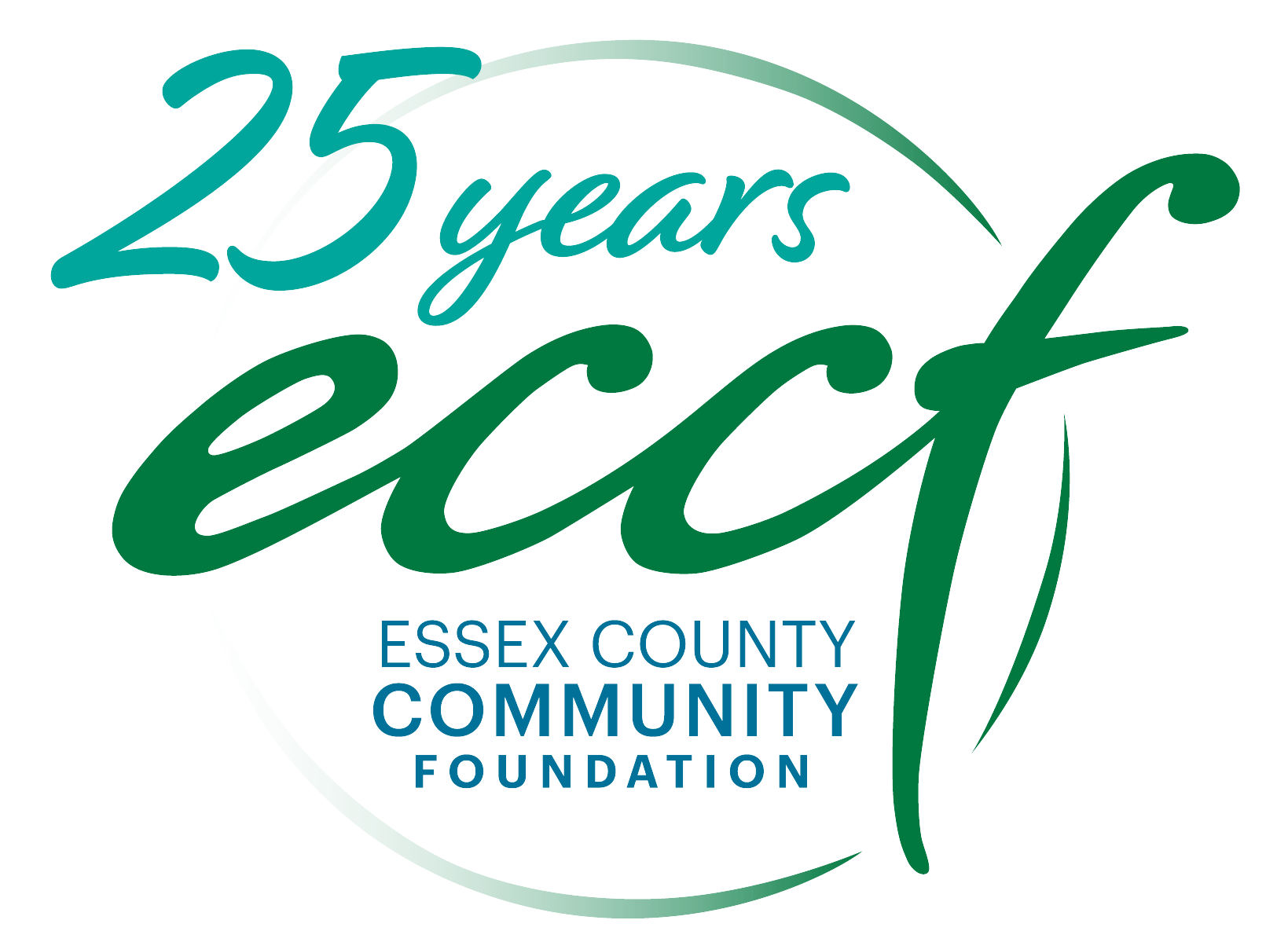ORIGINALLY POSTED IN THE SALEM NEWS
By Paul Leighton
SEE ORIGINAL ARTICLE IN THE SALEM NEWS HERE.
The Essex County Community Foundation on Thursday announced a $2 million initiative to help thousands of residents who lack access to a computer or an internet connection.
The organization said its goal over the next three years is to provide free or affordable internet access to 10,000 households and businesses, reliable devices to 5,000 people, and digital literacy training for 1,000 people and businesses in Essex County.
“We are long past the point of access to the digital world being a ‘nice to have’, but instead is a ‘must have’ for all people,” Beth Francis, Essex County Community Foundation’s president and CEO, said in an online event announcing the initiative.
The plan, called Advancing Digital Equity in Essex County, includes building “regional internet hubs” in the most vulnerable neighborhoods to provide free or affordable internet access; creating countywide digital literacy programming for individuals, families and businesses; partnering with health care providers and community health centers to improve patients’ engagement in telehealth; and delivering new or refurbished devices to families in need.
ECCF said it will partner with cities and towns, nonprofits, businesses and community organizations to build a “digital equity coalition” to accomplish those goals. Francis said the foundation is 75% of the way to its goal of raising at least $2 million for the initiative.
Thursday’s announcement follows a study released last year by ECCF showing that one out of every five households in Essex County — nearly 60,000 households with around 160,000 people — does not have a computer or access to an internet connection. That “digital divide” was intensified by the pandemic, when critical services like education and health care relied more on the digital world to reach people.
Francis told the story of a college student who said she had to decide whether she or her 8-year-old brother would use her laptop to access their classes. Other people have missed medical care appointments, including for critical mental health care, due to lack of digital access. Those without internet access also had difficulty signing up for COVID-19 vaccinations.
The study showed that Latino residents are twice as likely as white residents to lack broadband access, and that poorer households fare worse overall. But people without access can be found in each of the county’s 34 cities and towns.
Kate Machet, director of strategic initiatives for ECCF, said stories of people going to parking lots to try to find internet access on their cellphone are not limited to rural areas or western Massachusetts.
“It is here,” Machet said. “It is in Essex County. It’s your neighbor. It’s in every city and town.”
Francis said ECCF developed its strategy after more than 100 meetings with leaders and others throughout Essex County over the last year.
“While we do not have digital equity figured out, not by a long shot, we do have a strategy to get us started and we’re putting a stake in the ground today,” she said.
Staff writer Paul Leighton can be reached at 978-338-2535, by email at pleighton@salemnews.com, or on Twitter at @heardinbeverly.

